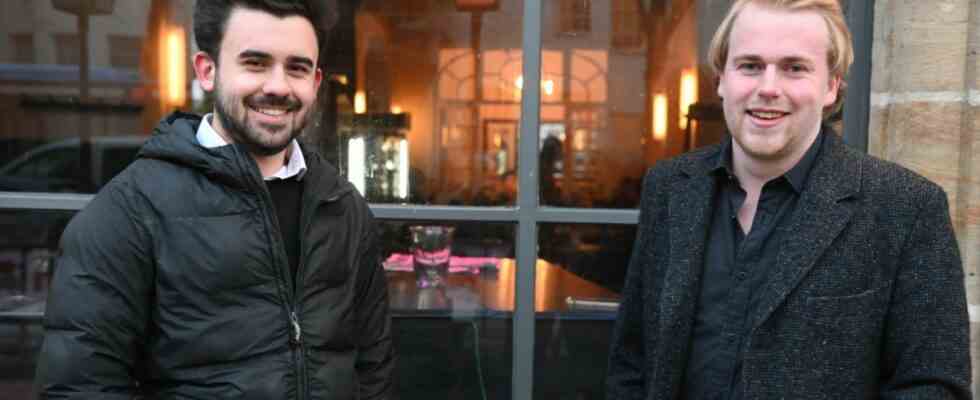What motivates a young person to put his online murder fantasies into practice? How and in which virtual spaces do such fantasies arise, which online networks might be behind them? How can such attacks be prevented?
In their documentary “Liken.Hassen. Kill. How young people become terrorists”, the young filmmakers Luca Zug and Alexander Spöri pursue these and other questions, fueled by journalistic interest in the motives of the assassin David S., who died in 2016 at the Munich Olympia shopping center murdered nine people to better understand and delve into the background of the fact. In doing so, they come across something both enlightening and frightening: they talk to a dropout from the “amok community” who wanted to blow up his school, as well as various experts, and during their investigative online activities they themselves come under the scrutiny of the state security service.
It is also about new backgrounds to the attack on the Olympia shopping center
The approximately 50-minute film will be broadcast for the first time this Tuesday, July 5, on Arte Germany (on Arte France on July 6) and on July 18 on the first (ARD), each beginning at 10:55 p.m., and on July 20 in the BR (10 p.m.). In addition, it can already be seen in the Arte media library. For Spöri and Zug, who both grew up in Taufkirchen and were awarded the SZ Tassilo Prize in 2018 as members of the Movie Jam Studios film group, it is the biggest project of their careers as filmmakers to date.
On their search for clues on the Internet, including using an undercover account on the Steam gaming platform, they came across young people “who, undetected in children’s rooms, become right-wing terrorists,” as the narrator in the film puts it. “We know the depths of a new world that is hidden from many.” There they find out that numerous young people with dangerous and racist murder fantasies (some of whom also implemented them, such as David S. or the American William A., who murdered two people at his high school) were loners in front of the screen, but also part of an online network in which they regularly exchanged information with each other before their deeds. A network that is still active today. “With this film, we want to raise awareness of this new type of youthful radicalization in order to possibly prevent attacks in the future,” explain Spöri and Zug.

